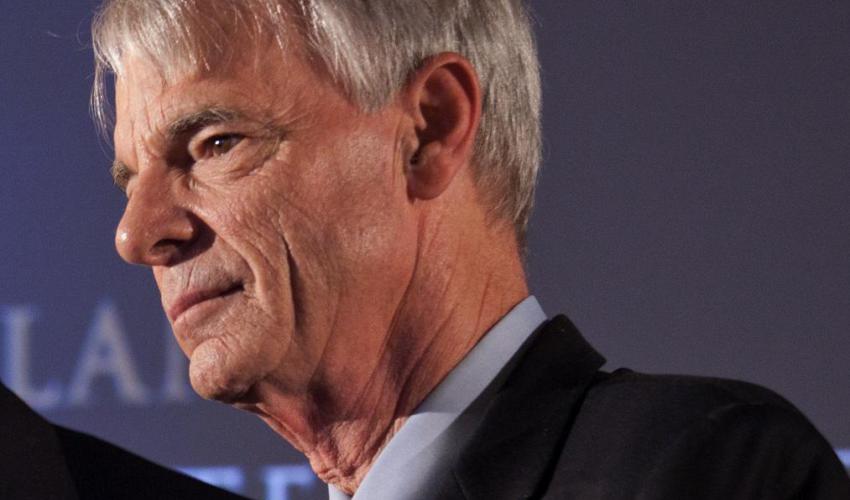
The Nobel Prize Michael Spence Enters Bocconi Faculty
THE ECONOMIST WILL TEACH MASTERS STUDENTSThe Nobel Prize winner Michael Spence will soon join Università Bocconi faculty after three years at SDA Bocconi School of Management. In 2011 he was appointed at the SDA Bocconi School of Management and in the academic year 2014-2015 he will become a senior professor of economics at Università Bocconi. Spence continues to keep his position as a professor of economics at the New York University (NYU) Stern School of Business.
Before joining NYU, Spence was a professor and a dean of the Stanford Business School. At Harvard University, Spence was both a dean of the Faculty of Arts and Sciences and a professor of economics and business administration. A graduate of Princeton University, Spence got his PhD at Harvard University.
His job-market signaling model was enthusiastically praised and in 2001 got him a Nobel Memorial Prize in Economic Sciences. The model is widely applicable to fields ranging from education to advertising. Yet, it is relatively simple and intuitive.
The model goes like this: employees vary in quality. Before hiring, employers do not have a way to verify the quality level of their potential employees. So, there is an asymmetry of information between two parties. Higher productivity gives high quality workers a reason to ask for higher wages. But, first they have to know how to signal their quality to their employers.
In Spence’s signaling game employees do not enjoy a reputation about their past performance. So, to determine how much to pay them, all employers can look at is their worker’s age and sex and signals (education level in particular).
The rules of Spence’s game are such that the signal can distinguish workers only if the signaling costs are negatively correlated with the worker skills. To simplify, Spence’s higher productivity workers can get more educated with a lower cost associated (in terms of money, time, energy). The case is opposite for his lower productivity workers who will have a high cost of becoming more educated. At one point, Spence’s model reaches a signaling equilibrium whereby high productivity workers will get more educated when compared to the low productivity workers. As a result, employers will offer higher wages to the workers with higher education.
Spence also extensively studied economic growth and development, and he plans on continuing this line of work with a particular spin on the structural reforms and growth and employment in Italy and Europe. That is why he finds Milan and Bocconi a particularly good fit for him. Besides, Spence adds, “Bocconi is a great university where I have many friends and colleagues”.
Bocconi teaching experience will not be the first for Spence this upcoming fall. He has already taught short courses here on emerging economies. Also, from 2011 he has been teaching MBA students in the SDA Bocconi School of Management.
by Bojana Murisic
